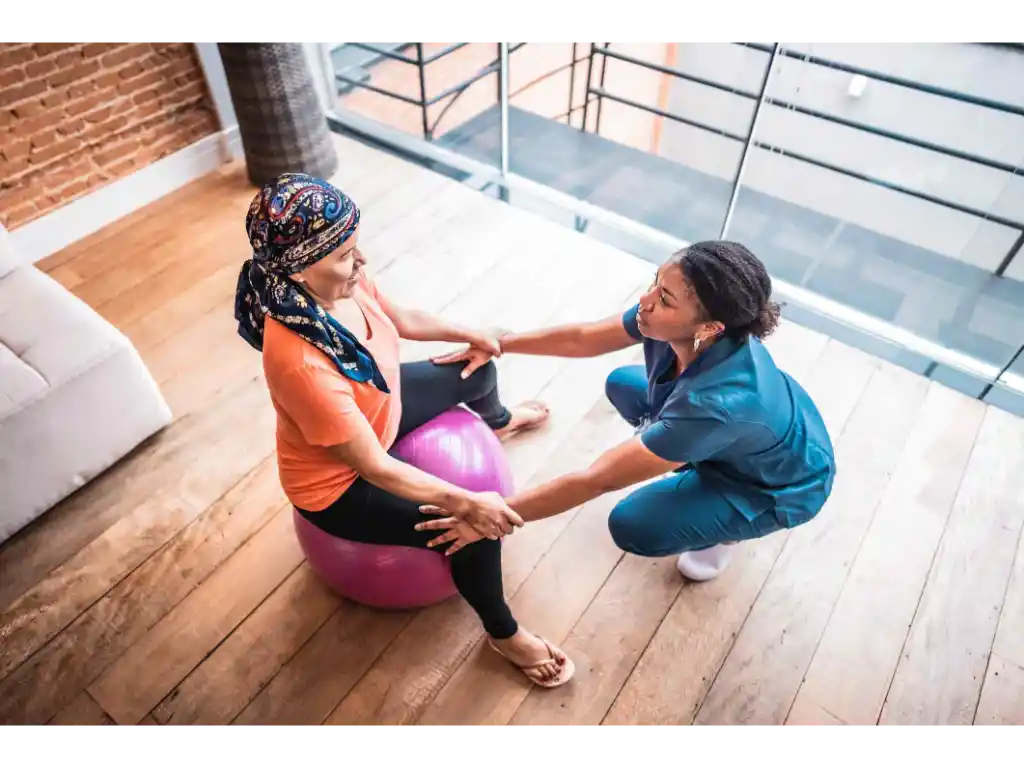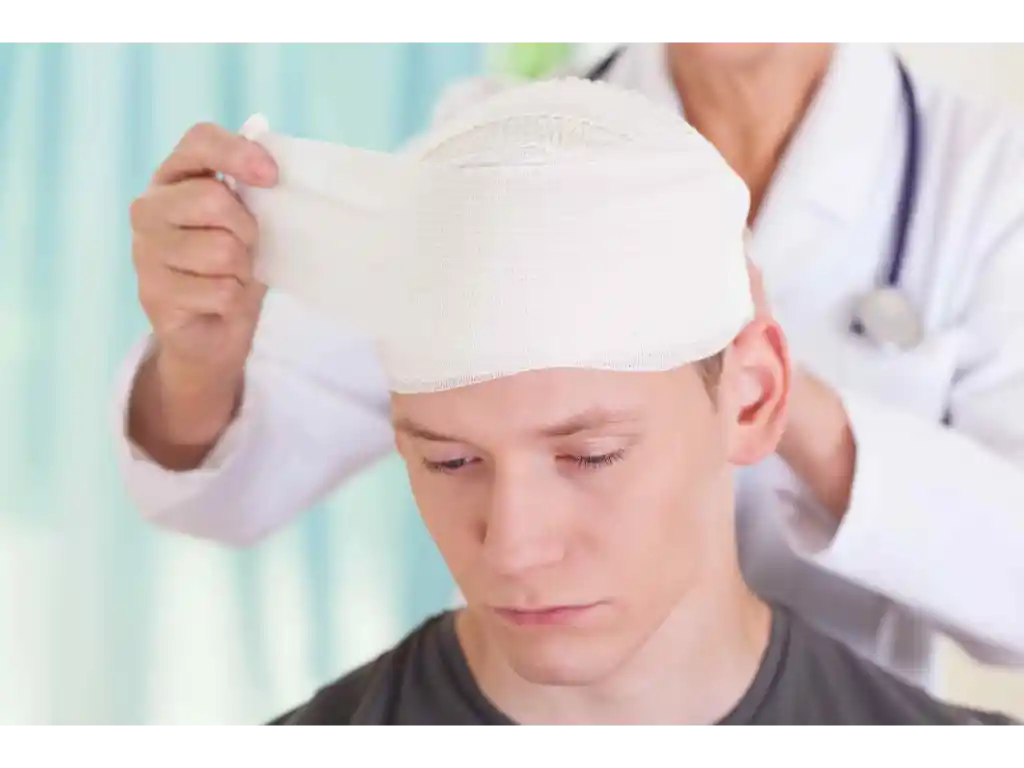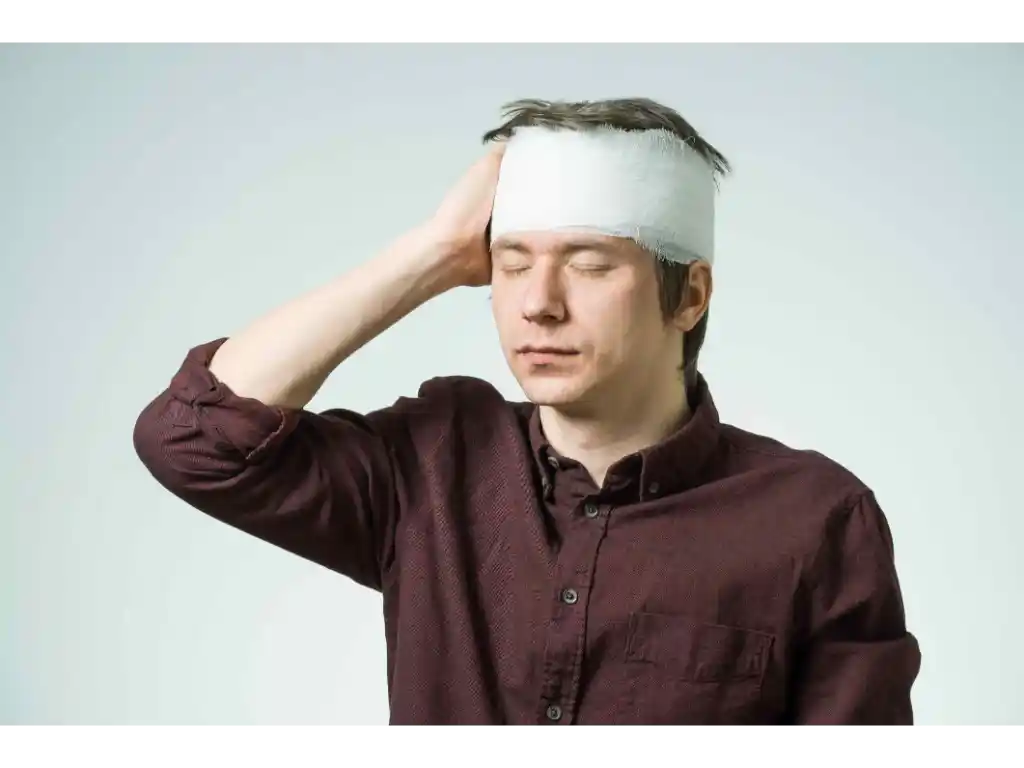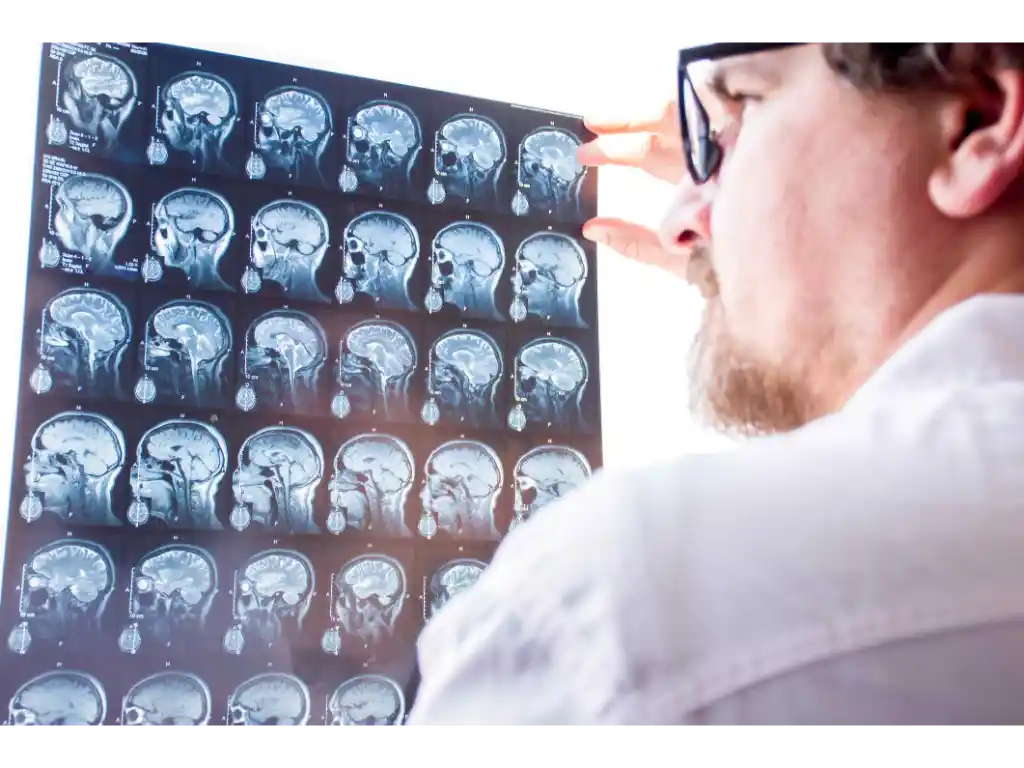
The Changing Landscape of Holistic Brain Injury Rehabilitation
The rehabilitation process following traumatic brain injury (TBI) is a critical period of recovery from cognitive deficits, physical injuries, and other impairments that may occur as a result of injury. In recent decades, holistic rehabilitation programs developed a more thorough program that includes group therapy as well as individual and family education and cognitive rehabilitation. Such programs have improved social participation, vocational outcomes, functional skills, and psychosocial adaptation among many TBI patients.
Despite the positive impacts of holistic brain injury rehabilitation, very few programs remain given that insurance companies have changed their requirements for discipline-specific services. These new requirements, particularly ones limiting the number of sessions per discipline, essentially shut down most of the holistic brain injury rehabilitation programs across the United States.
Fortunately, researchers continue to investigate holistic neuropsychological rehabilitation and have discovered valuable information about its effectiveness. Over several decades, experts have found that a neuropsychologically informed process is necessary to improve long-term psychosocial and vocational outcomes, and in most cases, families of a TBI patient benefit from therapy and an education on their loved one’s specific impairments. Neuropsychology within rehabilitation programs has diminished in the absence of holistic rehabilitation practices; however, a review listed by the Association of Postdoctoral Programs in Clinical Neuropsychology revealed that 35% of pediatric fellowships and 43% of adult neuropsychology fellowships included rehabilitation training.
Other programs resembling holistic brain injury rehabilitation programs have been created with similar successes. For example, the Brain Injury Coping Skills group provides psychoeducational and cognitive behavioral intervention for TBI survivors and their families, and the Resource Facilitation program provides injury-specific education to help patients achieve their specific rehabilitation goals.
Although the availability of holistic brain injury rehabilitation programs has declined, many aspects of the programs have evolved and remain intact in rehabilitation programs across the country. Despite some negative outcomes that have occurred since the removal of many holistic rehabilitation programs, such as the significant shortening of rehabilitation time for most TBI patients, the neurorehabilitation field has continued to develop their practices to more closely resemble those of a holistic brain injury rehabilitation program.
Trexler L. The Changing Landscape of Holistic Brain Injury Rehabilitation. Brain Injury Professional. (February 2021).
Ask A Question,
Tell Us Your Situation, &
Get A Free Consultation
Contact Us & We’ll Guide You Through Your
Next Steps!
Required Fields*
Your Information Is Safe With Us.
We respect your privacy. The information you provide will be used to answer your question or to schedule an appointment if requested.
The Changing Landscape of Holistic Brain Injury Rehabilitation

The rehabilitation process following traumatic brain injury (TBI) is a critical period of recovery from cognitive deficits, physical injuries, and other impairments that may occur as a result of injury. In recent decades, holistic rehabilitation programs developed a more thorough program that includes group therapy as well as individual and family education and cognitive rehabilitation. Such programs have improved social participation, vocational outcomes, functional skills, and psychosocial adaptation among many TBI patients.
Despite the positive impacts of holistic brain injury rehabilitation, very few programs remain given that insurance companies have changed their requirements for discipline-specific services. These new requirements, particularly ones limiting the number of sessions per discipline, essentially shut down most of the holistic brain injury rehabilitation programs across the United States.
Fortunately, researchers continue to investigate holistic neuropsychological rehabilitation and have discovered valuable information about its effectiveness. Over several decades, experts have found that a neuropsychologically informed process is necessary to improve long-term psychosocial and vocational outcomes, and in most cases, families of a TBI patient benefit from therapy and an education on their loved one’s specific impairments. Neuropsychology within rehabilitation programs has diminished in the absence of holistic rehabilitation practices; however, a review listed by the Association of Postdoctoral Programs in Clinical Neuropsychology revealed that 35% of pediatric fellowships and 43% of adult neuropsychology fellowships included rehabilitation training.
Other programs resembling holistic brain injury rehabilitation programs have been created with similar successes. For example, the Brain Injury Coping Skills group provides psychoeducational and cognitive behavioral intervention for TBI survivors and their families, and the Resource Facilitation program provides injury-specific education to help patients achieve their specific rehabilitation goals.
Although the availability of holistic brain injury rehabilitation programs has declined, many aspects of the programs have evolved and remain intact in rehabilitation programs across the country. Despite some negative outcomes that have occurred since the removal of many holistic rehabilitation programs, such as the significant shortening of rehabilitation time for most TBI patients, the neurorehabilitation field has continued to develop their practices to more closely resemble those of a holistic brain injury rehabilitation program.
Trexler L. The Changing Landscape of Holistic Brain Injury Rehabilitation. Brain Injury Professional. (February 2021).
Post tags
Table of contents
Related Blog Posts

Traumatic Brain Injury May Be a Risk Factor for Schizophrenia
Mental disorders are one of the most common outcomes of traumatic brain injury (TBI). About 1 in 3 individuals who sustain a TBI will develop depression in the following six months, and about half will…

Noise Sensitivity Following Mild Traumatic Brain Injury is a Predictor of Long-Term Post-Concussive Symptoms
The symptoms associated with mild traumatic brain injury (mTBI), also called concussion, typically resolve within a few weeks. One of the most common symptoms is noise sensitivity, which can cause discomfort and distress in loud,…

Is a Neuropsychological Exam Necessary After Suffering a Brain Injury?
After a person suffers a minor or severe brain injury, doctors often use MRI or C.T. scans to help identify lesions and determine if there is any neurocognitive dysfunction. However, even with a C.T. scan…

